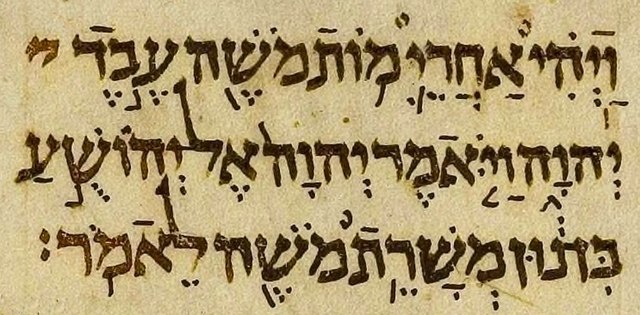Simon bar Kokhba or Simon ben Koseba, commonly referred to simply as Bar Kokhba, was a Jewish military leader in Judea. He lent his name to the Bar Kokhba revolt, which he initiated against the Roman Empire in 132 CE. Though they were ultimately unsuccessful, Bar Kokhba and his rebels did manage to establish and maintain a Jewish state for about three years after beginning the rebellion. Bar Kokhba served as the state's leader, crowning himself as nasi. Some of the rabbinic scholars in his time imagined him to be the long-expected Messiah of Judaism. In 135, Bar Kokhba was killed by Roman troops in the fortified town of Betar. The Judean rebels who remained after his death were all killed or enslaved within the next year, and their defeat was followed by a harsh crackdown on the Judean populace by the Roman emperor Hadrian.
Watercolour and gouache impression of Bar Kokhba by Polish-Jewish artist Arthur Szyk (1927)
Simon bar Kokhba on the Knesset Menorah
Bar Kokhba silver Shekel/tetradrachm. Obverse: the Jewish Temple facade with the rising star, surrounded by "Shimon". Reverse: a lulav and etrog, the text reads: "to the freedom of Jerusalem"
Bar Kokhba silver Zuz/denarius. Obverse: trumpets surrounded by "To the freedom of Jerusalem". Reverse: a kinnor surrounded by "Year two to the freedom of Israel"
Hebrew is a Northwest Semitic language within the Afroasiatic language family. A regional dialect of the Canaanite languages, it was natively spoken by the Israelites and remained in regular use as a first language until after 200 CE and as the liturgical language of Judaism and Samaritanism. The language was revived as a spoken language in the 19th century, and is the only successful large-scale example of linguistic revival. It is the only Canaanite language, as well as one of only two Northwest Semitic languages, with the other being Aramaic, still spoken today.
Portion of the Isaiah Scroll, a second-century BCE manuscript of the Biblical Book of Isaiah and one of the best-preserved of the Dead Sea Scrolls.
The word IVRIT ("Hebrew") written in modern Hebrew language (top) and in Paleo-Hebrew alphabet (bottom)
A silver matchbox holder with inscription in Hebrew
Aleppo Codex: 10th century Hebrew Bible with Masoretic pointing (Joshua 1:1).








